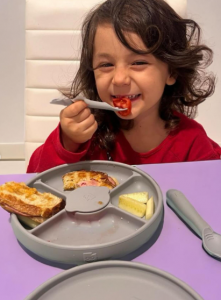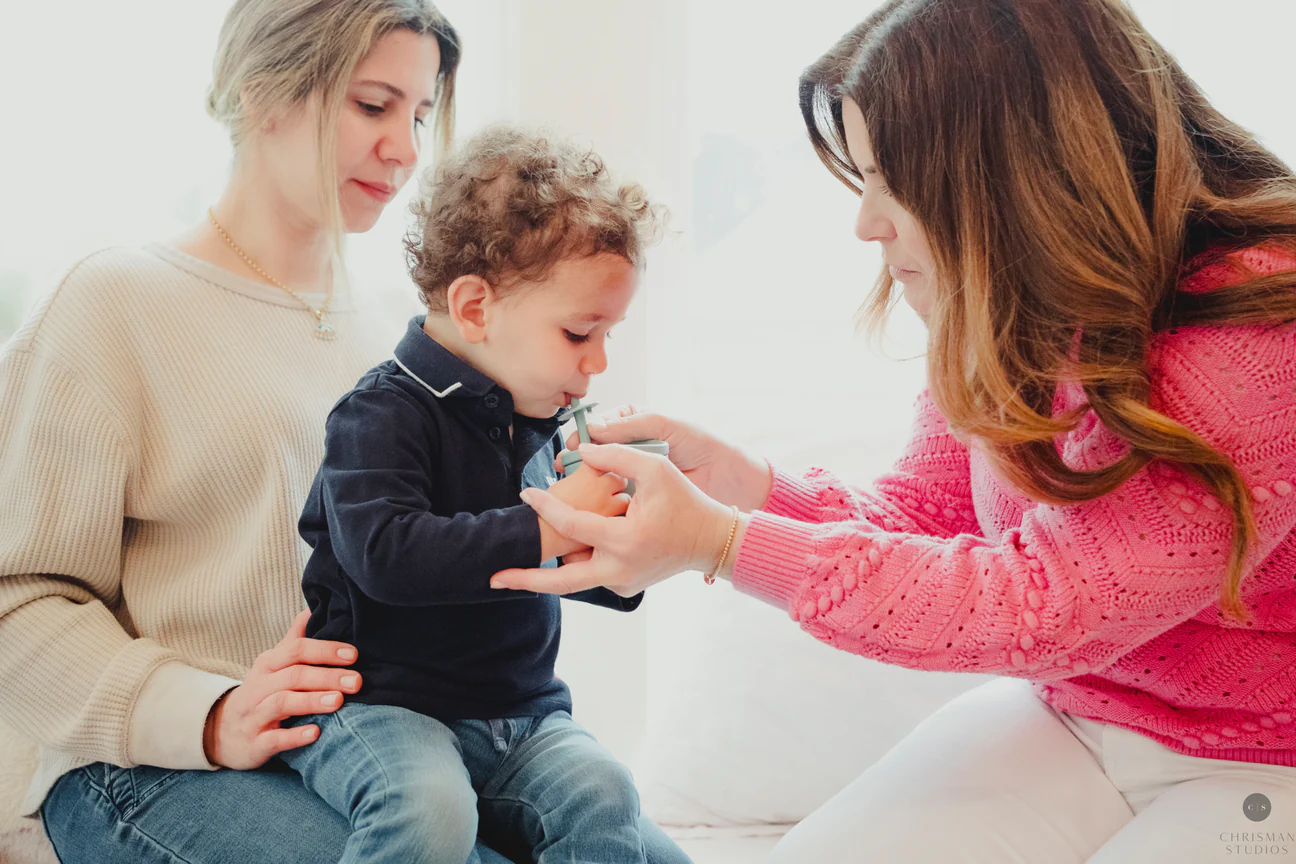
Hi! My name is Liz Smithson, I am a speech language pathologist with over 20 years of experience working with people with speech and feeding disorders across all ages. I am also a mom of 3 amazing children and 1 precious dog. I have a masters +30 from the University of South Carolina and have been practicing in multiple settings to include a medically fragile clinic, home-based therapy, clinic setting, and serving on the developmental disability council of South Carolina and the advisory council for special education for the state of South Carolina. My passion is to help all individuals achieve their greatest potential while allocating tools and resources available to get them there and support them. I truly believe all people have purpose and with the right tools, resources, and support they can be empowered to achieve their greatest potential.
As a feeding specialist, when determining what feeding products are best for my clients I like to look at things that enable them to be as independent as possible with feeding. I like to establish where they are in a developmental progression and more importantly where I want them to go. When I have a child who is demonstrating skills or emerging skills in independent feeding the Bitsy Bundle is one of my favorites to use and recommend.
There are various features I love about the Bitsy Bundle for early independent feeders:
- The sloped sides make scooping easy as it pushes food back on the spoon
- The measurements allow for quick reference to assure your child is eating the right balance of foods
- The handle is just right side and shape (powered by toddler-gonomics)
- The dipper in the plate is a fun addition for independent feeders to add flavors to increase food interest and mix it up (the dip lid keeps spills at bay)
- The star compartment of the plate can be used as a fun positive reinforcement
- The plate lid is a fun way to incorporate speech with feeding
- You can name the shapes
- Work on pointing to identify the shapes
- Count the shapes
- Mom life is hard, anything that makes my clean-up easier I am a huge fan of… the bitsy bundle includes the dipper lid, the plate lid, and the amazing suction helps me avoid messes and save time on cleaning up.
Positive outcomes I love to see using the Bitsy Bundle:
- Less parental involvement necessary at mealtime
- More fun with feeding and increased exploration of foods
- Less clean up (major bonus!)
- Using one plate for feeding and storage is essential
- Increased language development with fun shape lid
- Positive relationship with food
- Greater independence with feeding and sense of empowerment

